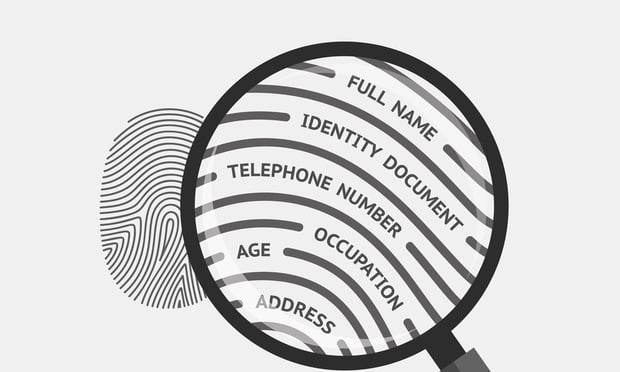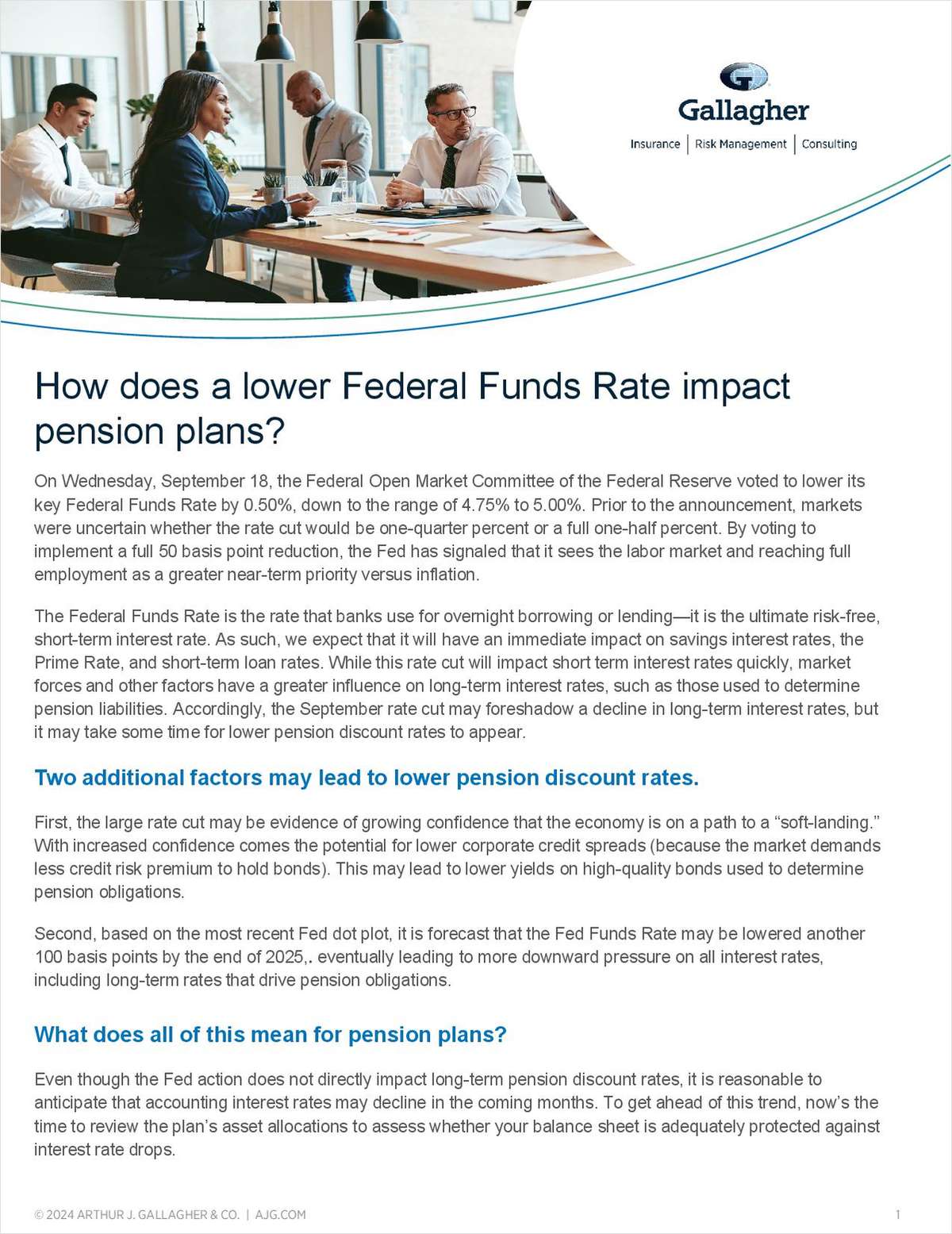One in four 20-year-olds will become disabled before they retire, according to the Council for Disability Awareness. When that happens, people immediately look at the impact it will have on their job and their paycheck. But what about their retirement?
According to the Employee Retirement Income Security Act, a person who ends up on long-term disability and is no longer on a company's payroll is prohibited from making contributions to a 401(k) or other defined contribution retirement plan.
"You fall off the payroll and your retirement funding comes to a screeching halt. A lot of people don't realize that," said Paul Hinson, president of the Pension Advisory Group in Richmond, Texas. "Once they become disabled their pension or retirement plan becomes disabled. It really doesn't matter the rate of return you are making on investments if you are not getting any funding."
Complete your profile to continue reading and get FREE access to BenefitsPRO, part of your ALM digital membership.
Your access to unlimited BenefitsPRO content isn’t changing.
Once you are an ALM digital member, you’ll receive:
- Breaking benefits news and analysis, on-site and via our newsletters and custom alerts
- Educational webcasts, white papers, and ebooks from industry thought leaders
- Critical converage of the property casualty insurance and financial advisory markets on our other ALM sites, PropertyCasualty360 and ThinkAdvisor
Already have an account? Sign In Now
© 2024 ALM Global, LLC, All Rights Reserved. Request academic re-use from www.copyright.com. All other uses, submit a request to [email protected]. For more information visit Asset & Logo Licensing.








